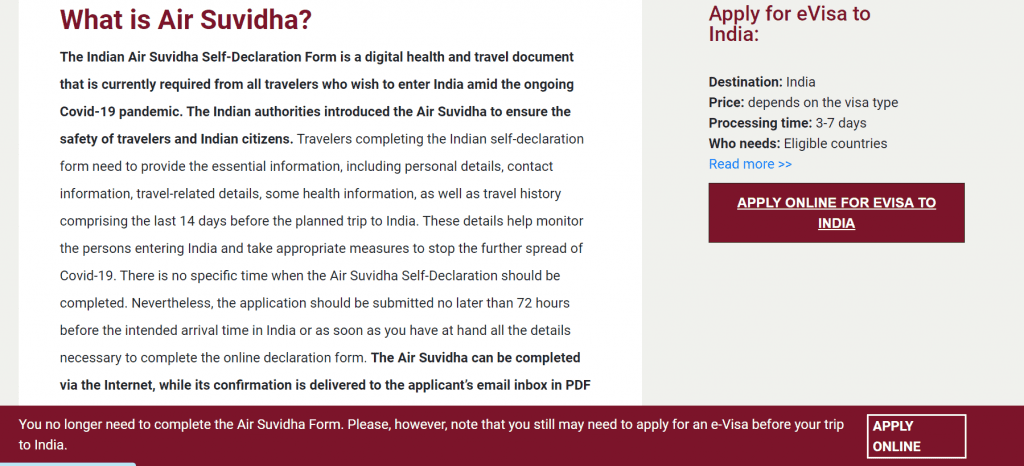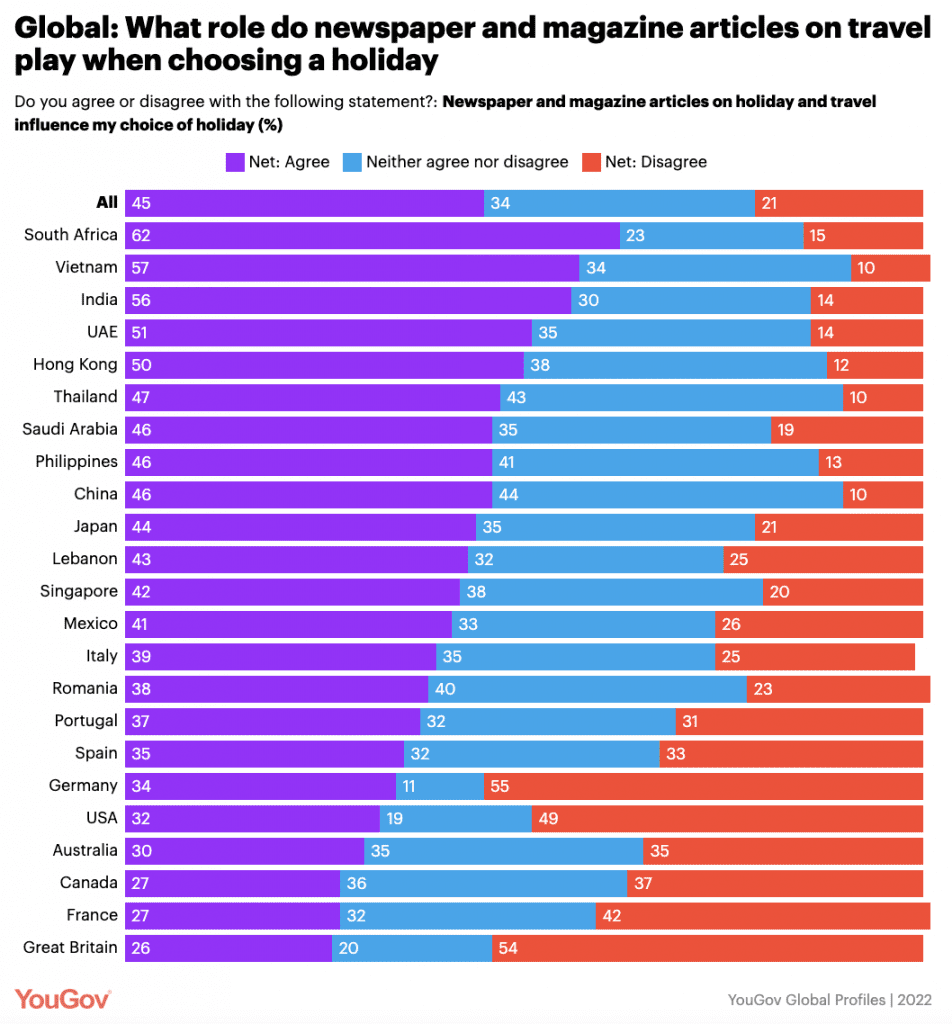A laboratory study has cast doubt on the effectiveness of the UK’s travel restrictions last year.
Scientists at Bangor University in Wales tested wastewater on planes to monitor coronavirus infections and the general health of passengers coming into the UK from other countries.
Almost all aircraft arriving at the three monitored UK airports (Heathrow, Edinburgh and Bristol) between March 8 and March 31, 2022 had the virus in their wastewater, according to the study, published in medical journal PLOS Global Public Health.
“Despite all the intervention measures that the UK had in place to try to stop people with the illness getting on flights to the UK, almost every single plane we tested contained the virus, and most of the terminal sewers, too,” said professor David Jones of Bangor University’s School of Natural Sciences, reported Lab Manager.
“That might have been because people developed symptoms after testing negative, or were evading the system, or for some other reason. But it showed that there was essentially a failure of border control in terms of Covid surveillance.”
Wastewater sampling has been cited as a better method to monitor travelers coming from China, rather than requiring negative pre-departure Covid tests. Airports Council International Europe has argued this can shift the focus to genomic sequencing to identify new variants.
The British government spent around $585 million on implementing a traffic light system as part of its wider response to manage travel during the Covid-19 pandemic, but a Public Accounts Committee of the House of Commons review in July last year found that it was unable to tell if it worked, or whether the cost was worth the disruption caused.
A review into Canada’s travel restrictions imposed during the pandemic also claimed they did little to prevent the spread of the Covid-19 virus.
Bangor University helped track the spread of Covid in early 2020 by testing wastewater in major cities. Scientists at the university hope wastewater sampling will extend beyond coronavirus, allowing the UK government to establish an “infectious disease transmission surveillance network” for any future viruses, Lab Manager also reported.

